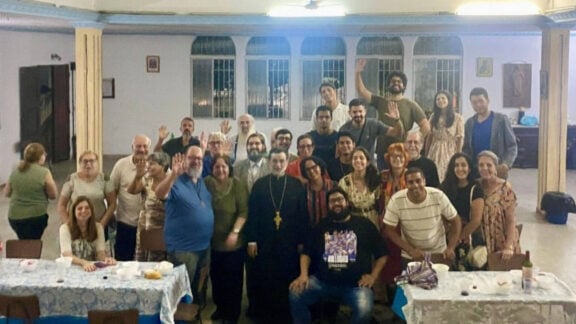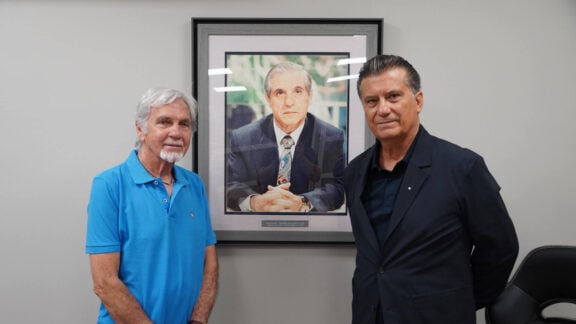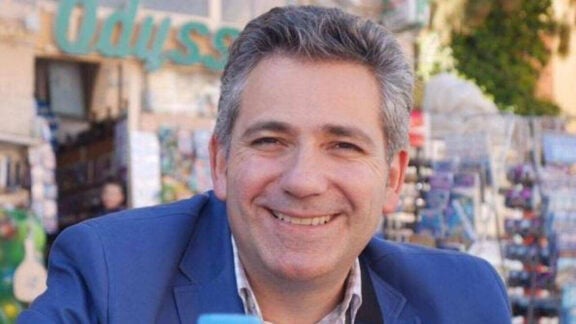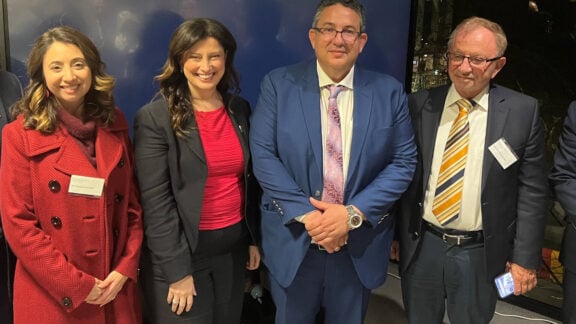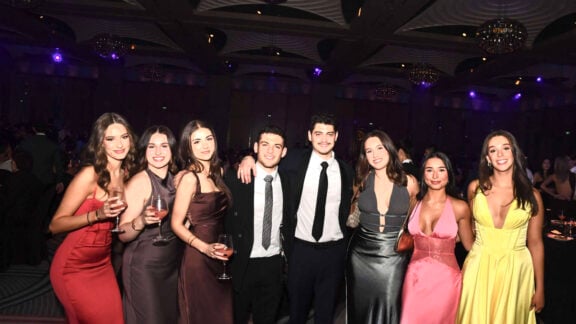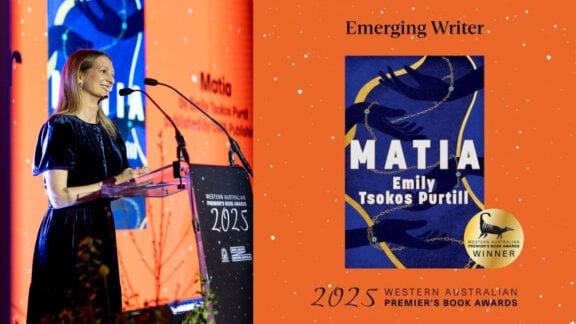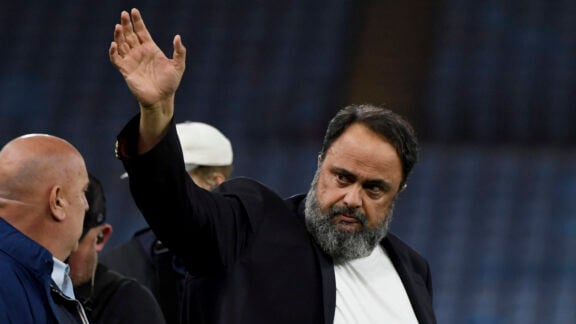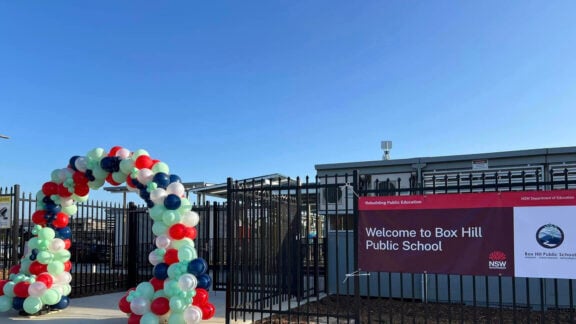Federal Health Minister Greg Hunt said he was expecting NSW would again record a “very low” number of cases today.
“I think NSW has done an outstanding and extraordinarily positive job,” Mr Hunt told radio station 2GB.
“This was an outbreak that could have been on a huge Victorian-sized scale. And yet the speed, the response, the professionalism and the partnership with the community … has been a model of what we’ve been looking for in Australia.”
In the last 24 hours leading to 8pm yesterday, a significantly higher number of people got tested than the 40,000 daily tests recorded over the past two days.
The new number of cases remains steady while northern beaches get divided into two regions: north of the Narrabeen Bridge in lockdown and south of the bridge, including in Manly, allowed to host up to 10 people in their homes.
Most test results are returned within 24 hours, meaning people who got tested by 8pm last night should be out of isolation and free to travel to family Christmas celebrations.
It will be interesting to see how many people get tested today because the self-isolation until receiving the test will potentially disrupt Christmas plans if results don’t arrive in time.
Health authorities do fear there might be people that will avoid getting tested today as expecting test results in self-isolation could prevent them from participating in Christmas celebrations.
Meanwhile, Australian Medical Association NSW chairman Michael Bonning has urged the Government to cancel Sydney’s New Year’s Eve fireworks.
“Big events where there’s mixing of people, especially how packed those foreshores get… it’s difficult to police and patrol,” Dr Bonning told radio station 2GB.
The Australian Defence Force insists it has more important priorities than patrolling state borders after it rejected Victoria and Queensland’s request for troops.
Lieutenant-General John Frewen, head of the ADF’s COVID-19 taskforce, told The Age and The Sydney Morning Herald the military’s priority list, worked out with the federal government in September, put high-risk weather events, returned Australians in hotel quarantine, counter-terrorism and support to Pacific nations above enforcing state border closures.


